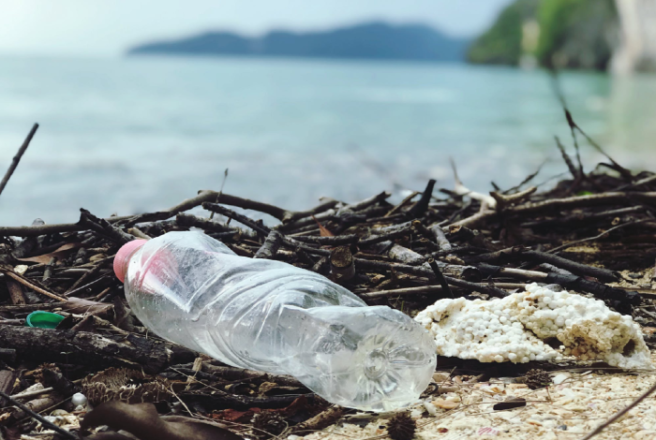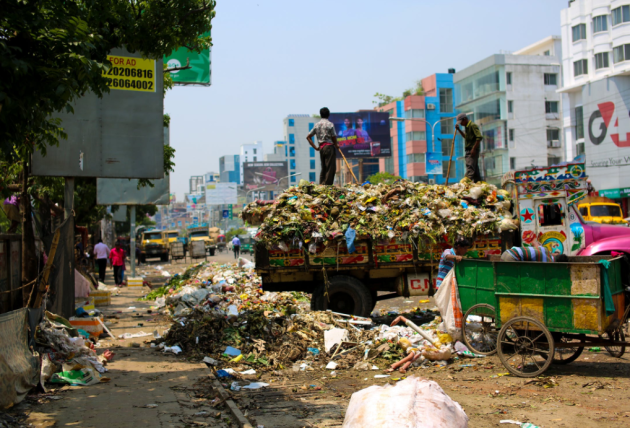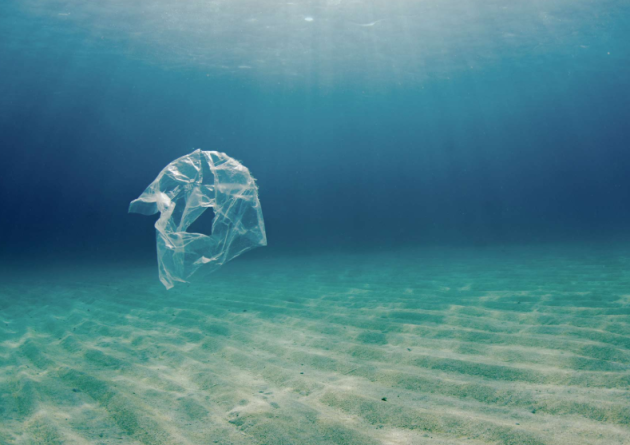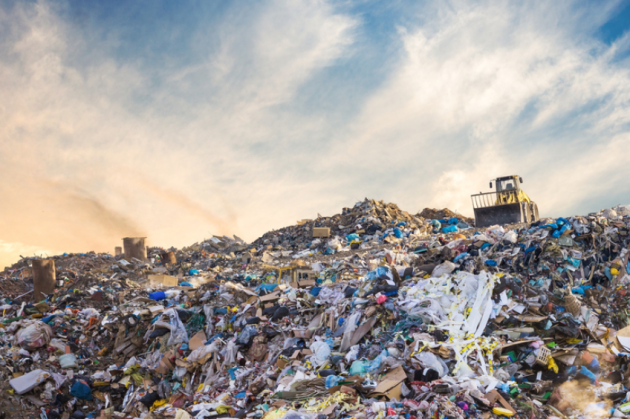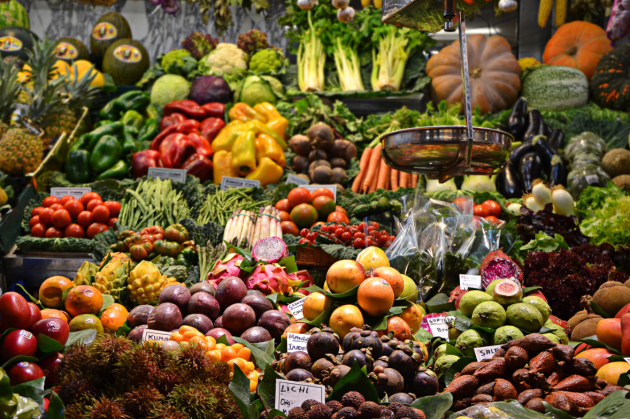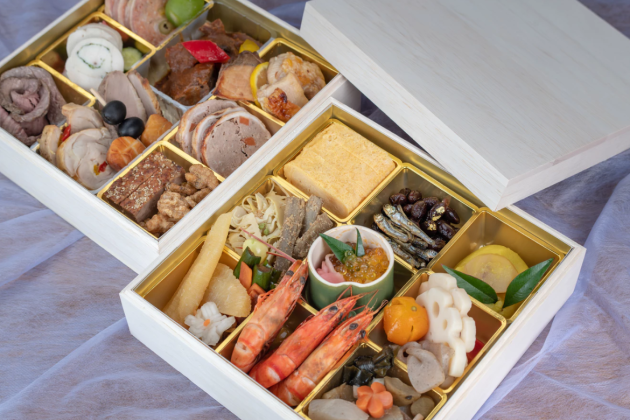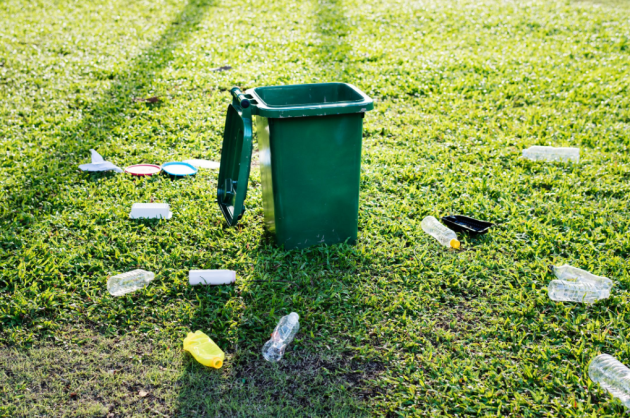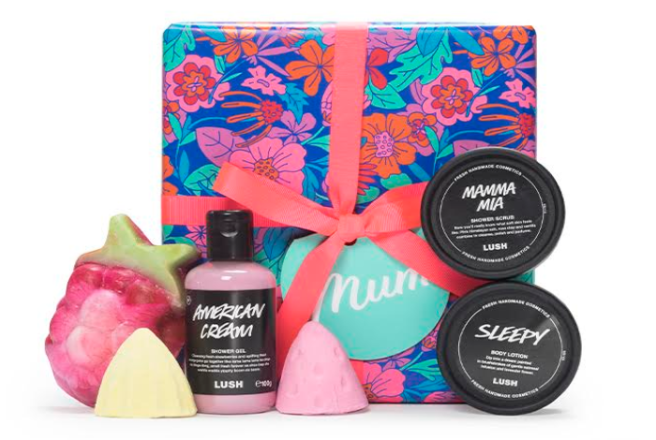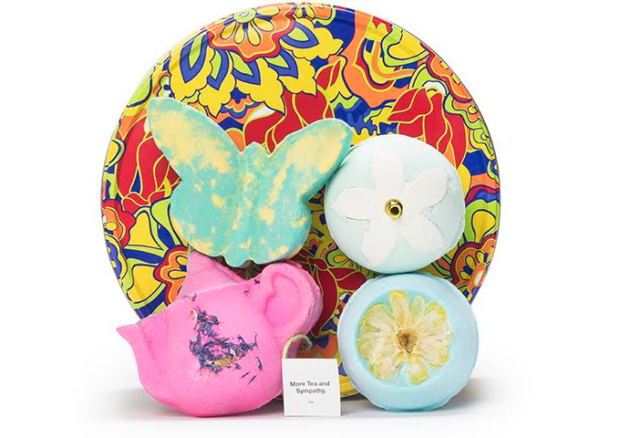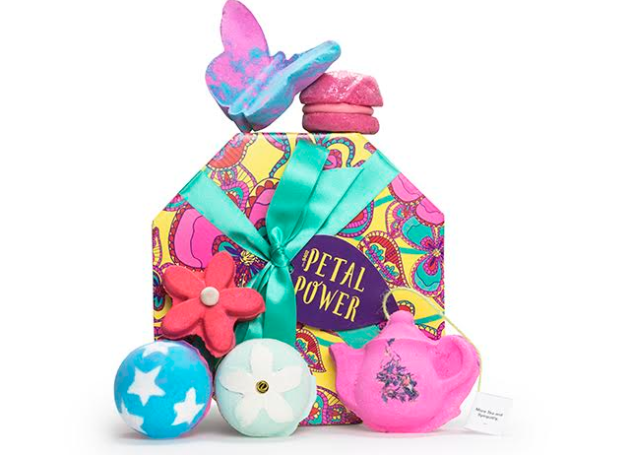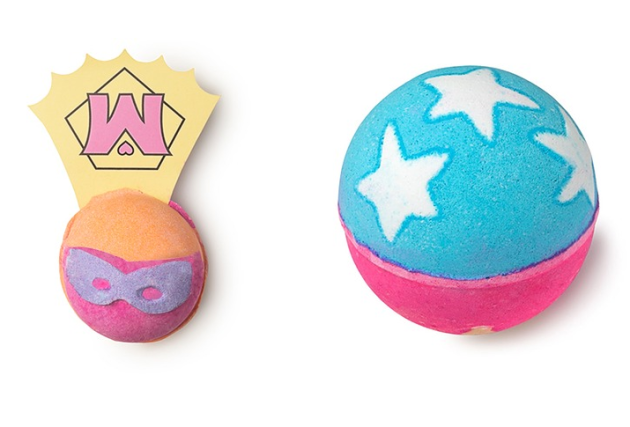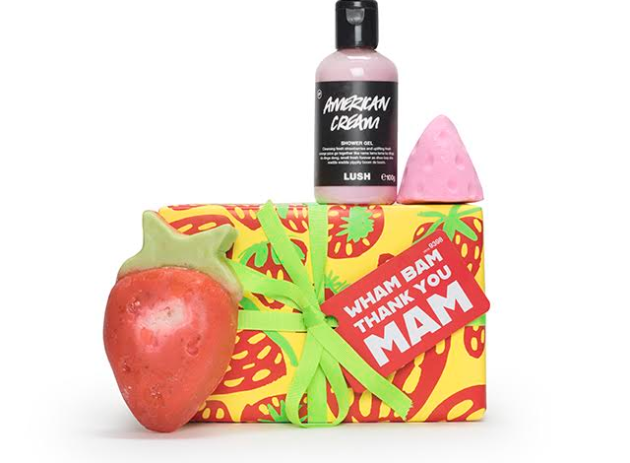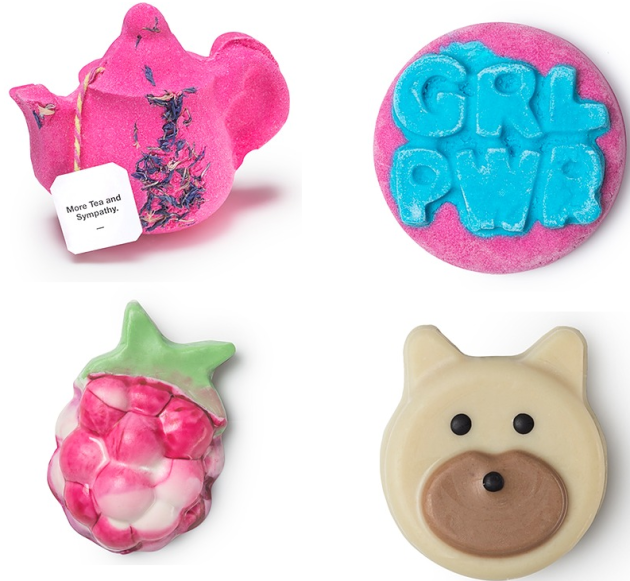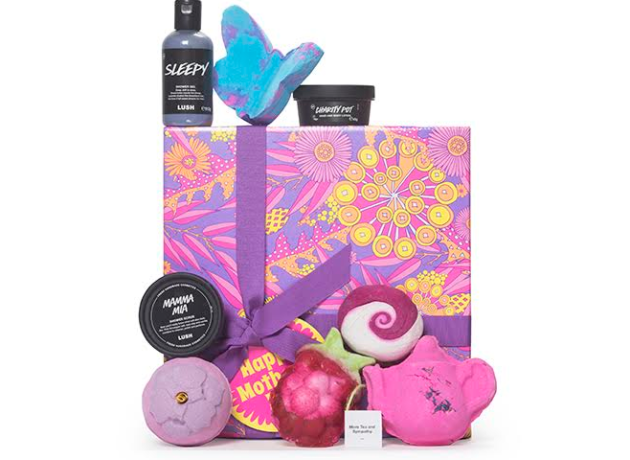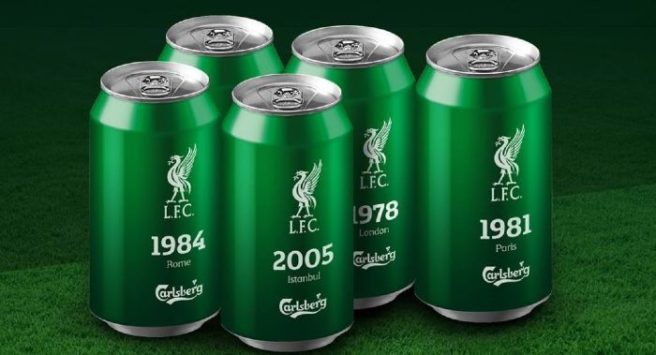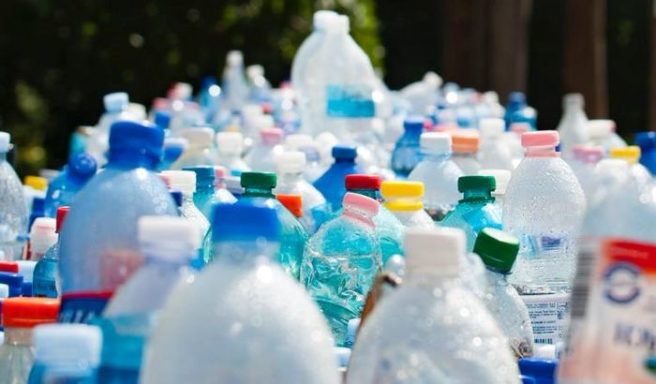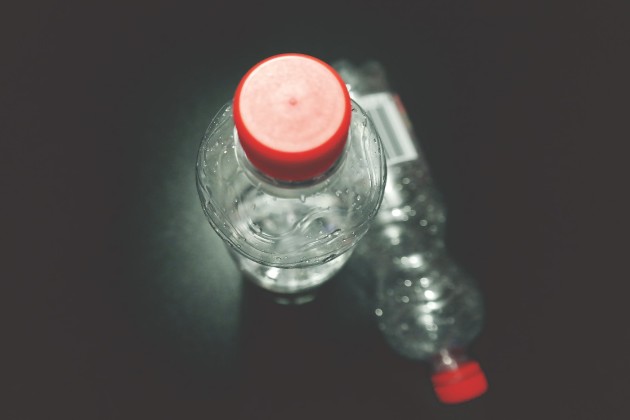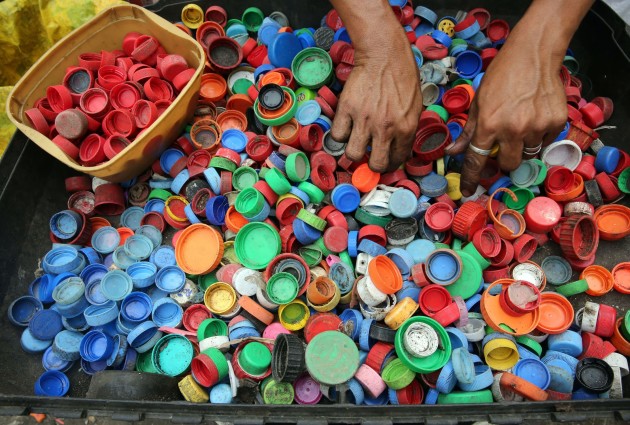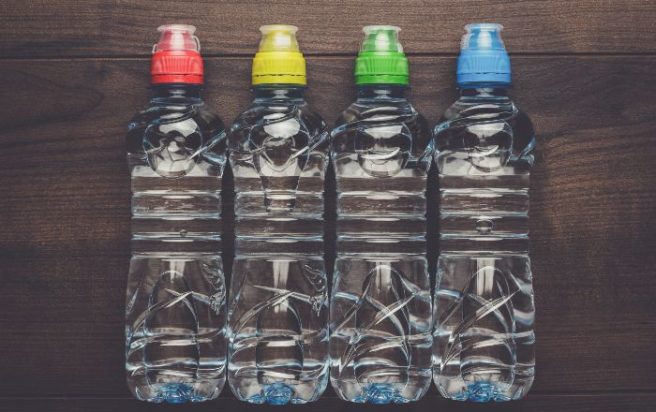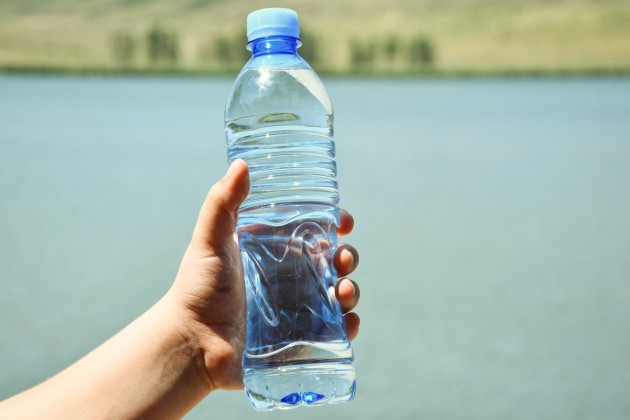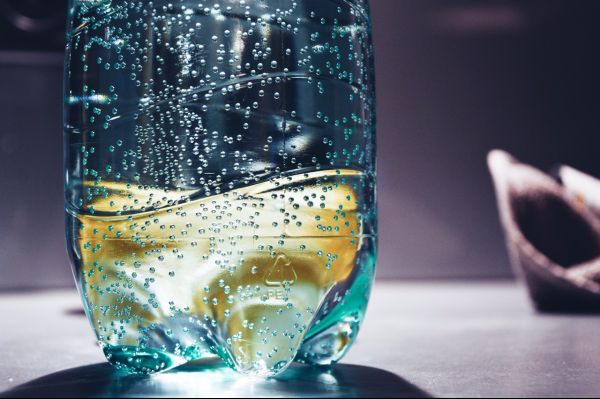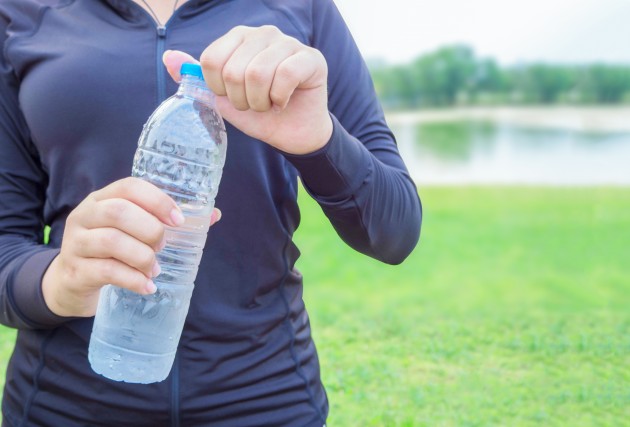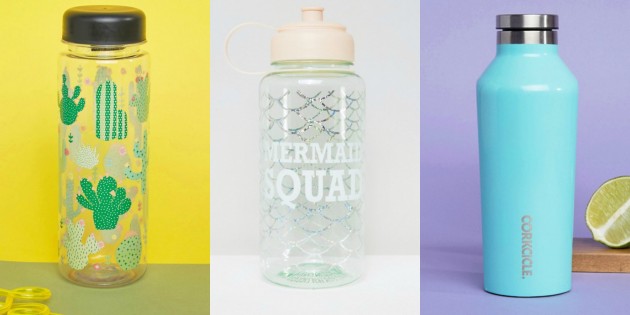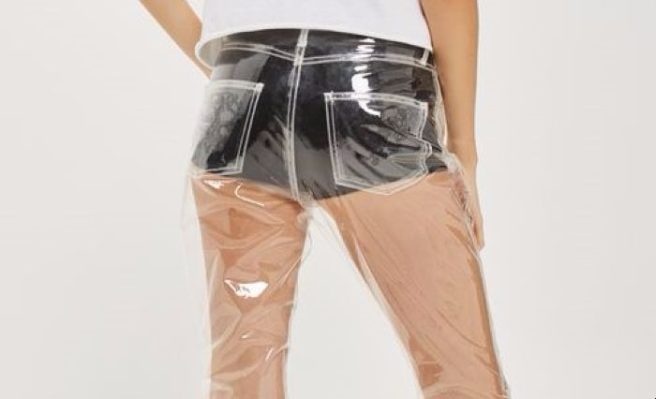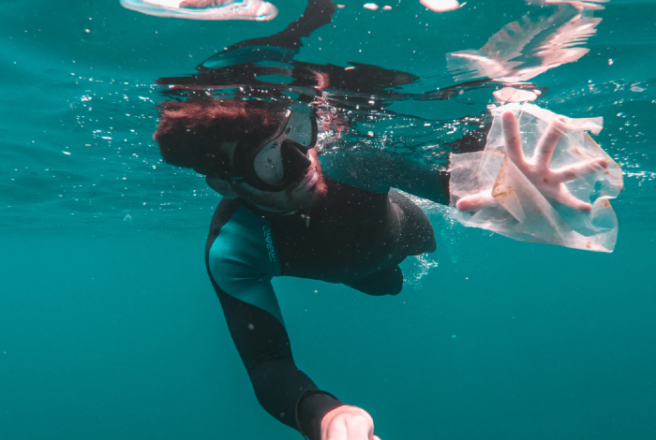
The ocean is critical to the health of our planet: How can we protect it?
Navigating the issue of climate breakdown can be a heavy topic for anyone to face. Sometimes we need a little bit of help from someone who really knows their stuff.
Luckily for you, we've found the perfect woman. We spoke to the wonderful CEO of Ocean Conservancy, Janis Searles Jones, about fighting to protect our oceans, learning good sustainability practices and harnessing our passion for a better planet.
Her areas of expertise include environmental law, arctic conservation and policy as well as marine conservation, and Janis credits her time working with Native American tribes for her current understanding of legal issues spanning the management of public lands, waters, and natural resources.

The CEO began her career as a young environmental lawyer over 20 years ago in Alaska, "arriving with my dog and all of my belongings in the back of a pickup truck, ready to protect and defend public resources.
"As a young environmental lawyer, it was a profound experience working on natural resource issues in Alaska and alongside its citizens, and experiencing the state’s vastness and incredible beauty. The experience has shaped the rest of my career by helping me understand what it takes to make long-lasting, meaningful change, from fighting like hell to defend some of our nation’s core conservation provisions, to finding common ground, forging alliances and working with partners.
"Today, I’m proud to be leading an organisation that is working to create science-based solutions for a healthy ocean and the wildlife and communities that depend on it every single day."
How did Janis discover her love for the ocean? We envisioned an epiphany moment reminscent of Ariel in The Little Mermaid when she spots Prince Eric, but it was Janis' upbringing that paved the way;
"The ocean has played a major role in my life ever since I was a kid. I was really lucky to grow up in a family that valued the outdoors and in a place close to the coast. I lived in the same neighborhood as a renowned environmental educator, Mrs. Terwilliger. She taught us about the impacts of plastic on wildlife, and how each of us, even as kids, could make a meaningful difference. Her favourite message for children was, “This is my country. Wherever I go, I will leave it more beautiful than I found it.”'
When it comes to Ireland's ecological landscape, we're surrounded by ocean. Yet the conversation surrounding climate breakdown in this country hasn't brought the sea into mainstream dialogue.
The result of this is that we can feel overwhelmingly helpless when we discover our huge overfishing problem, the dangers of our agriculture industry and our lack of turbines. What can we do?
"I would say one of the biggest things you can do is to help convey to your readers that what we do on land matters to the ocean. Choosing sustainable seafood when you eat, reducing the amount of single-use plastic that you use, and supporting Ireland’s goal of protecting 30 percent of its ocean waters by 2030 are good places to start.
"And renewable energy, like offshore wind power, is an important part of reducing greenhouse gas emissions, which is a critical priority for our ocean," Janis explains.
One great way to help is join Ocean Conservancy for this year’s International Coastal Cleanup on September 21, 2019. The ICC is the world’s largest single-day volunteer effort to fight ocean plastics.
Volunteers have the opportunity to keep more than 20 million pounds of plastic and rubbish out of the ocean, and the fruit of your efforts can be immediately felt within your community.
When it comes to saying no to unnecessary single-use plastics, there are plenty of things each person can easily manage;
"Reducing your single-use plastic consumption is imperative in the fight against plastic pollution. Carry a reusable bottle for drinks, make sure to bring reusable bags to the shop, switch out your paper towels and napkins for cloth and if you are able to, skip the straw and quit the cutlery. You’ve just got to commit and develop a routine," Janis says.
"When making purchasing decisions, many of us are faced with a great number of choices. For the most part, there is a growing desire among some consumers to be more sustainable and reduce their environmental impacts. We all know about Reduce, Reuse, Recycle—while these are evergreen habits that we should all practice regularly, we must be more proactive and have bigger aspirations," she adds.
"Take a second to think about or develop your personal priorities and make sure your purchases align with those values. "
Community action can go a long way, as can starting the conversation with those around you;
"Volunteer, sign petitions and educate others. You don’t have to be near a beach to pick up rubbish, start your own cleanup or even organise a group to pick up rubbish around your neighborhood. And we have a handy app, called CleanSwell that you can track your daily pick up. When you submit the items you’ve collected, it goes into our global database and helps inform policy solutions around the world."
Curious how you can start your own coastal cleanup? We've got you. Join #TeamOcean and learn how to create your own cleanup for this year's #ICC! https://t.co/PlaiOVZ9pc
— Ocean Conservancy (@OurOcean) August 28, 2019
What are the goals of Ocean Conservancy, and how do they stay motivated? Climate breakdown can keep us all up at night, but Janis Searles Jones doesn't come across as a woman who gives up easily;
"Ocean plastic is a complex issue because it’s about a whole global system of consumption – products, business models, infrastructure, policies, and consumer preferences and behaviours. The two ideas at the core of Ocean Conservancy’s strategy are to recognise the urgency of the problem and to stop plastic from getting into the ocean in the first place," she begins.
"We’re calling for an end to the flow of plastic waste into the ocean by 2030. And we need all of our ocean allies to come together to achieve that goal. While ambitious, it’s what the ocean needs. Otherwise, if plastic use continues to rise, there could be almost 100 million more tonnes of plastic in the ocean by 2030. That is simply unacceptable."
Educating ourselves is imperative, but we can't ignore the fact that greenhouse gas emissions changing the ocean-scape as we know it. Janis stresses that this will affect each and every one of us as a result, whether we live on the island of Ireland or in a land-locked nation;
"Climate change is profoundly an ocean issue. Ocean Conservancy is working hard to make the ocean-climate connections, and make sure that countries who have committed to the Paris Agreement take the ocean into account and develop ocean-smart policies to protect our ocean and our future."
Imagining what our oceans will resemble in 50 years' time can be an anxiety-inducing thought, but it forces us to be realistic about our hope for the future;
"The ocean will be different. No question. We have already drastically altered the ocean as a result of climate change and human activities, and we will need to learn to adapt to those changes."
"But we do have a choice about how much more change is going to happen," the CEO adds. "And we are at a tipping point both in terms of the importance of action now, and in terms of broad and worldwide commitments to that action.
"I truly believe that in 50 years, many fish populations will have stabilised, thanks to improved management. I believe we will collectively agree that geo-engineering and deep-sea mining is not worth the risk and those activities will be unacceptable from a profit and public standpoint," Janis continues.
"We will have fewer coral reefs, but they will continue to exist."
"Most importantly, I believe we will have a collective understanding – from people, governments, companies – that the ocean is critical to life on this planet and we need throw everything we have at protecting it."
If you want to get involved in the 2019 International Coastal Cleanup on September 21, use this interactive map and sign up to clean up here.
#TeamOcean includes everyone from Glenn Close to The Red Hot Chili Peppers, and Ocean Conservancy are expecting another million volunteers to come together in an effort to keep our oceans clean.






